
(Source) Domestic violence, also known as intimate partner violence, is a pervasive issue in society. One in four women in the United States have experienced physical violence from an intimate partner. Globally, about one third of women have experienced physical violence at the hands of an intimate partner. While women are more likely to be
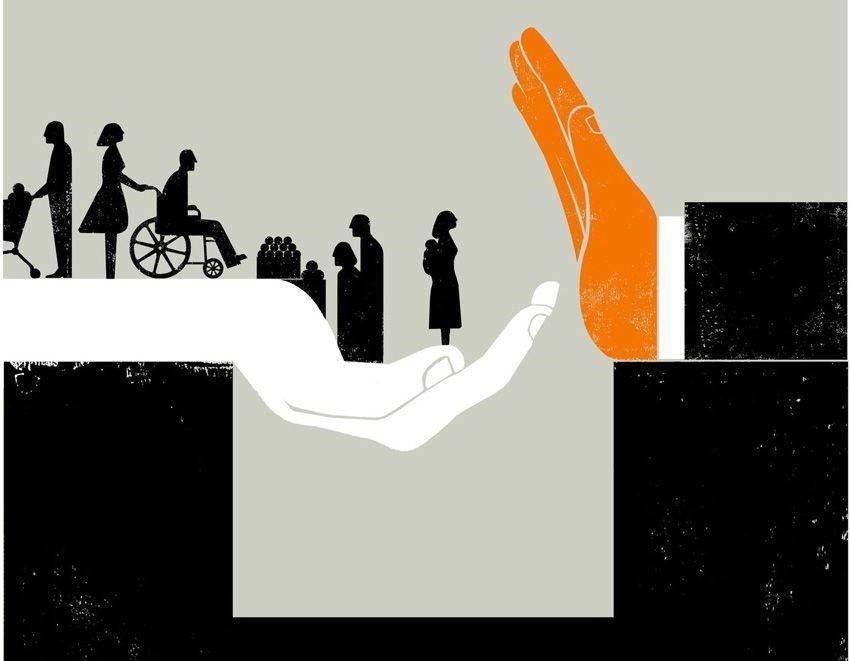
(Source) The Biden administration must confront a plethora of immigration issues following the immense number of restrictions the Trump administration placed on immigrant applicants. These “land mines” of Trump-era anti-immigrant policies are rooted deep- “buried under layer after layer of bureaucratic actions and then [can] essentially devastate the system in untold ways that aren’t discovered until
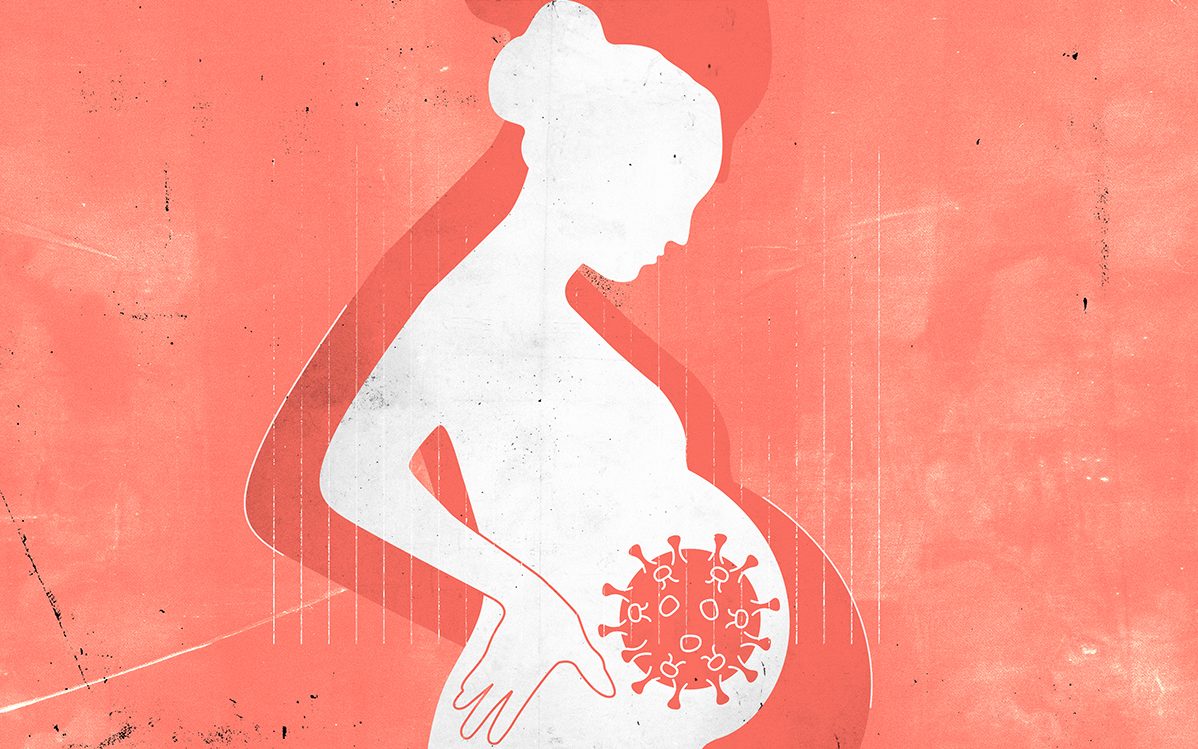
(Source) Limited access to healthcare during the COVID-19 pandemic severely curtailed the ability of pregnant persons to access abortion services. At a time when abortion access was especially critical, mobility and quarantine measures were widely used as pretenses to delay services. Under the guise of protecting frontline workers, saving PPE kits, and allowing only essential

(Source) On March 31, 2021, the White House issued a press release on the first landmark piece of legislation for the Biden administration, “The American Jobs Plan.” The Administration describes the Plan as “an investment in America” amidst a time of mounting climate change concerns and increasing inequality. The Administration also touts the Plan as

(Source) This article originally appeared in the New York Daily News. When U.S. troops left Afghanistan, many Afghans who had supported the United States’ work there became Taliban targets due to their association with the United States. While in theory, Afghans at risk can apply for humanitarian parole to come to the United States, in
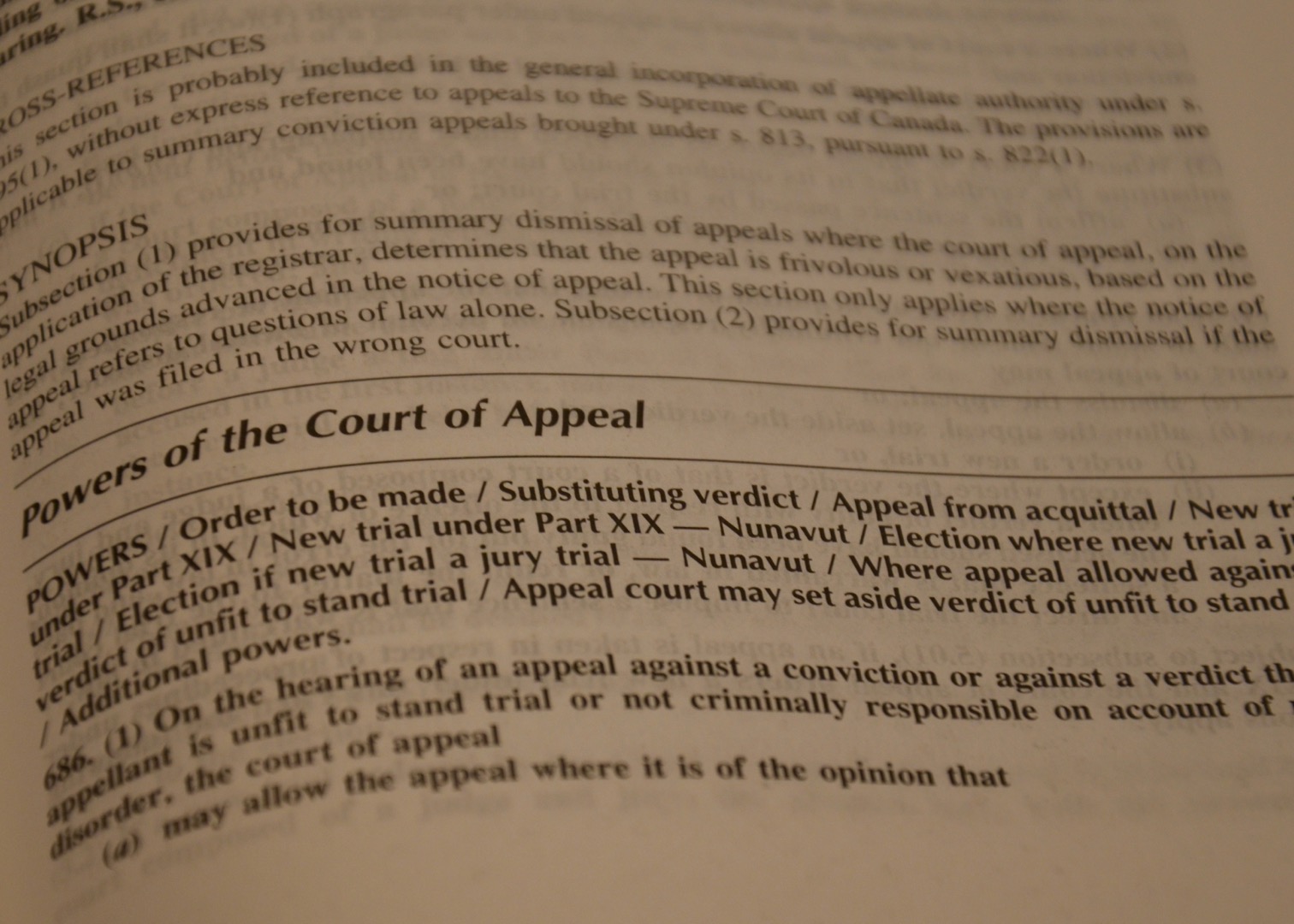
(Source) To succeed on a claim of actual innocence, a defendant needs to introduce new evidence that was not available at the time of trial. When a defendant wants to introduce new evidence to appeal a federal court conviction, the defendant must undergo an arduous trial. Because an appeal is not a retrial, appellate courts
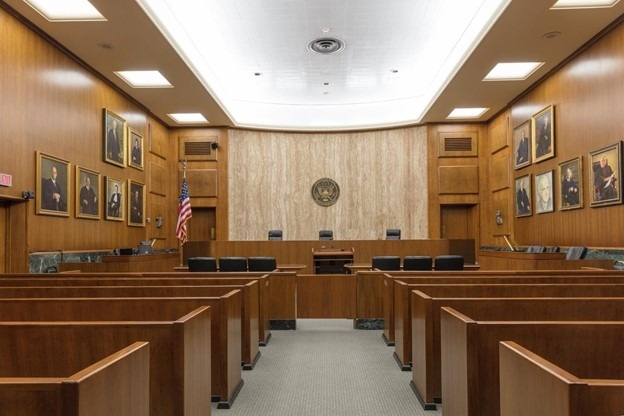
(Source) Case backlogs significantly impact the judicial system. By delaying the proceedings, case backlogs increase the cost of litigation. When a case is backlogged, parties—especially those that cannot afford to wait or pay for protracted litigation—are incentivized to accept less than optimal settlements. Backlogs also force criminal defendants, who cannot afford bail, to spend a
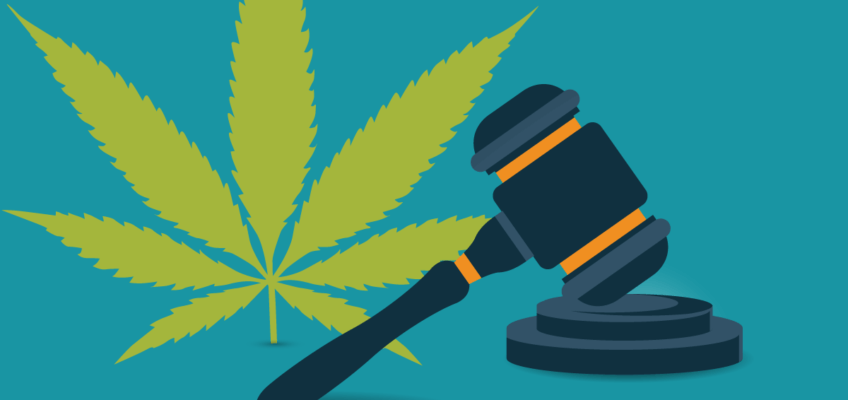
(Source) Although congressional efforts to decriminalize marijuana remain ongoing, we have seen the legalization of marijuana in several states both for medicinal use and for recreational use. In as early as 2012 following election day, Colorado became the first state to legalize the use and sale of marijuana. Since then, it isn’t uncommon to see

(Source) The innovations of the modern age have put the American dream within reach for anyone. The only thing required is a computer or a smartphone, which gives users access to financial markets worldwide. Meanwhile, the American public has dreamt up an idyllic view of achieving the epitome of financial success through Wall Street and

(Source) What happened? Earlier this year, retail investors took advantage of an opportunity to invest in stocks they collectively believed would increase in price. Using Reddit, retail investors came together on a subreddit, aptly named WallStreetBets, to parse through publicly available information and act “collectively” on certain stocks. These stocks included GameStop, AMC Entertainment, and